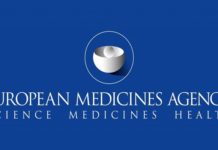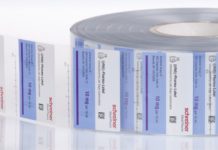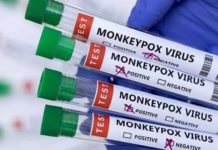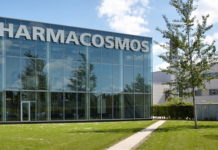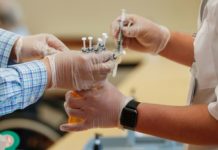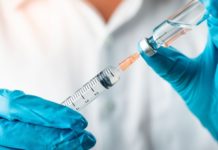“These efficacy results are amongst the most remarkable seen in a phase II RRMS study, and show that ocrelizumab may have the potential to offer benefits to patients with this disease,” said Professor Ludwig Kappos, lead investigator of the study, from the Department of Neurology, University Hospital Basel, Switzerland.
“We are strongly encouraged by these data and the possibility that ocrelizumab could become a new option for patients with MS,” commented Hal Barron, M.D., executive vice president, Product Development and chief medical officer. “We believe in the potential of ocrelizumab and look forward to exploring it further in the final phase of clinical development.”
Both ocrelizumab doses were generally well tolerated and no opportunistic infections were reported. Serious adverse events (SAEs) were similar in all treatment groups. Infusion-related events during first infusion, predominantly mild to moderate, were more common with ocrelizumab (34.5% and 43.6%) than placebo (9.3%). However, these reports decreased during the second ocrelizumab infusion and were comparable to those initially reported with placebo.
About Ocrelizumab
Ocrelizumab is an investigational humanized monoclonal antibody designed to selectively target CD20-positive B-cells, which are believed to play a critical role in multiple sclerosis (MS). It then interacts with the body’s immune system to eliminate CD20-positive B-cells.
About Multiple Sclerosis
Multiple sclerosis (MS) is a highly debilitating autoimmune disease of the central nervous system (CNS) and is one of the leading causes of neurological disability in young adults3,4. The immune system incorrectly attacks healthy nerve tissue in the CNS which affects the transfer of messages from the CNS to the rest of the body5. Symptoms are unpredictable and vary between patients, but include tingling, numbness, pain, slurred speech, and blurred or double vision. Some patients may experience muscle weakness, poor balance or coordination and tremors as well as altered sensation, memory and concentration problems. In severe MS, patients have permanent symptoms, including partial or complete paralysis and difficulties with vision, speech and memory. According to estimates of the World Health Organization, approximately 1.3 million people worldwide have been diagnosed with multiple sclerosis6. Most people experience their first symptoms between the ages of 20 and 40 years7. Relapsing-remitting multiple sclerosis (RRMS) is the most common form of MS and accounts for around 85% of all cases2. RRMS is characterized by acute exacerbations with full or partial recovery between attacks.
About Genentech
Founded more than 30 years ago, Genentech is a leading biotechnology company that discovers, develops, manufactures and commercializes medicines to treat patients with serious or life-threatening medical conditions. The company, a member of the Roche Group, has headquarters in South San Francisco, California. For additional information about the company, please visit http://www.gene.com.
About Biogen Idec
Biogen Idec creates new standards of care in therapeutic areas with high unmet medical needs. Founded in 1978, Biogen Idec is a global leader in the discovery, development, manufacturing, and commercialization of innovative therapies. Patients worldwide benefit from Biogen Idec’s significant products that address diseases such as lymphoma, multiple sclerosis, and rheumatoid arthritis. For product labeling, press releases and additional information about the company, please visit http://www.biogenidec.com.



